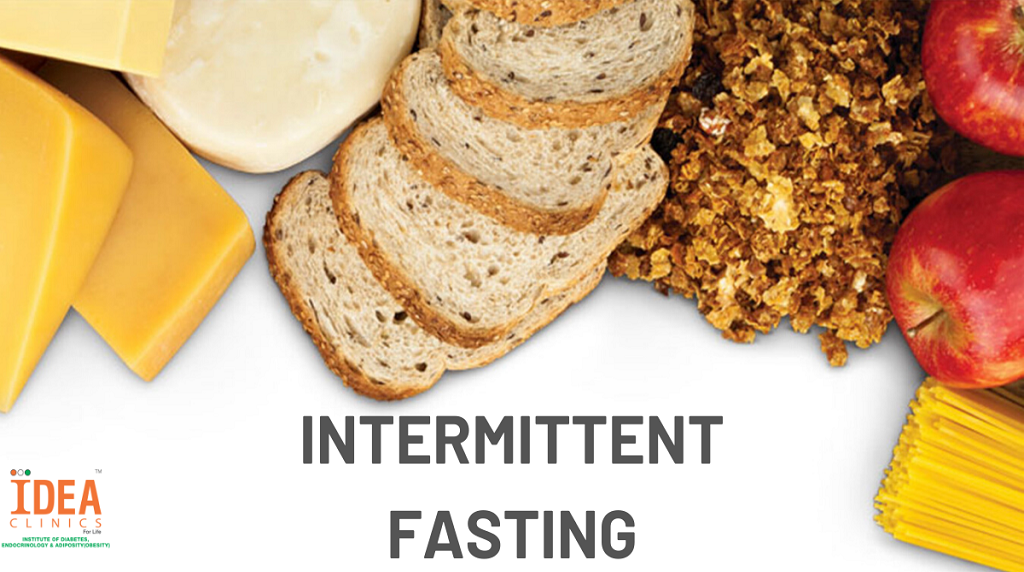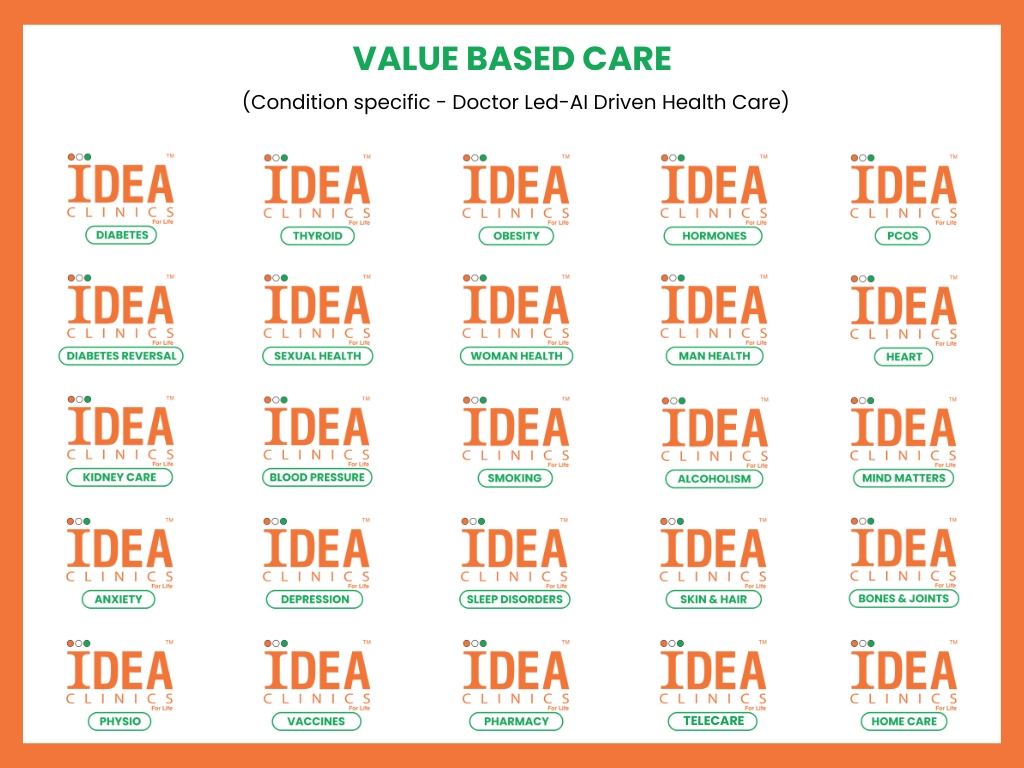Intermittent fasting is currently one of the popular health and fitness trends. People are using Intermittent Fasting Methods to lose weight, improve their health, simplify their lifestyles, and prevent diabetes. There are studies showing positive effects on the body and brain and may even help you live longer. Intermittent Fasting is not suitable for patients with Diabetes on treatment, particularly on insulin. It is not recommended for women who are pregnant.
Below is some information about intermittent fasting recommended by the experts from IDEA CLINICS.
What Is Intermittent Fasting?
As the name implies intermittent fasting is an eating pattern that cycles between periods of fasting and eating. It doesn’t specify which foods to eat but rather suggests when to eat them. In fact, it’s not a diet in the conventional sense but can be described as an eating pattern.
Common intermittent fasting methods involve daily 16 hour fasts or fasting for 24 hours, twice per week. Fasting has been a practice in the Indian tradition for many decades as a custom or religious belief. Though fasting during ramadan is more known in the west, in fact, much larger section of Hindus, particularly women do it as a weekly event for most part of the year all through their lives. Fasting is often done for religious or spiritual reasons, including in Islam, Christianity, Judaism and Buddhism. Even from evolution point of view, fasting from time to time is more natural than always eating three meals per day.
Intermittent Fasting Methods
There are several different approaches for intermittent fasting which involve splitting the day or week into eating and fasting periods. During the fasting periods, one eats either very little or nothing at all. By reducing calorie intake, these methods should cause weight loss as long as one doesn’t compensate by eating much more during the eating periods.
The most popular approaches are:
- Eat-Stop-Eat: This involves fasting for 24 hours, once or twice a week, for example by not eating from dinner one day until dinner the next day.
- The 2:5 diet: Here a very low calorie diet (<600 kcal/day) is consumed on two non consecutive days of the week, but eat normally the other 5 days.
- 16 :8 diet (Skipping breakfast): It involves skipping breakfast and restricting eating period to 8 hours, such as lunch at 1 noon and dinner at 9 p.m. Here the fasting is for 16 hours in between. This is most popular, simplest and sustainable and common among previous generations in India.
How It Affects Hormones
During fasting several things happen to the body at cellular level as body adjusts hormone levels to make stored body fat more accessible. The cells may initiate some repair processes and gene expressions. The possible hormonal changes are as follows.
- Human Growth Hormone (HGH): The Growth hormone levels increase by three to four folds inducing fat loss and muscle gain.
- Insulin: Insulin sensitivity improves and levels of insulin drop dramatically. Lower insulin levels make way for weight loss by causing fat breakdown.
- Cellular repair: Fasting causes cells to initiate cellular repair processes and autophagy where cells digest and remove old and dysfunctional proteins that build up inside cells.
- Gene expression: There can be the changes in the function of genes for longevity and protection against disease.
Intermittent Fasting Health Benefits
Here are the main health benefits of intermittent fasting:
Weight loss: As mentioned above, intermittent fasting can help with weight loss and belly fat, without having to restrict calories,
Insulin resistance: Intermittent fasting can reduce insulin resistance and lower blood sugar by 5% and fasting insulin levels by 25%, and protect against type 2 diabetes.
Inflammation: There can be reductions in markers of inflammation and address chronic diseases.
Heart health: Intermittent fasting reduces the risk factors for heart disease by reducing LDL cholesterol, blood triglycerides, inflammatory markers, blood sugar and insulin resistance.
Cancer: Intermittent fasting may prevent cancer.
Brain health: Intermittent fasting may also protect against Alzheimer’s disease.
Anti aging: Intermittent fasting can even extend lifespan though research is still in its early stages.
Intermittent Fasting better than a Calorie restricted diet
Weight loss is the most common reason for people to try intermittent fasting. By way of fewer meals, intermittent fasting can lead to an automatic reduction in weight. Intermittent fasting also changes hormone levels to facilitate weight loss by increasing the metabolic rate by around 5-15%. Also, the weight loss could be more from the visceral fat than muscle loss, measurable by a drop in abdominal circumference. The main reason for its success is that intermittent fasting helps with fewer calories overall. However If one binges during eating periods, there may be no weight loss. Finally, intermittent fasting can be a useful method of weight loss and prevent diabetes.
For further information about Intermittent Fasting Method and other dietary needs please contact the IDEA CLINICS at www.ideaclinic.in or call us at 8008166166.




